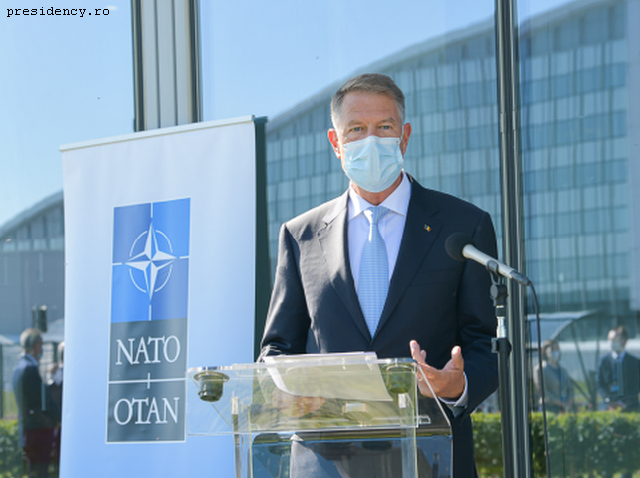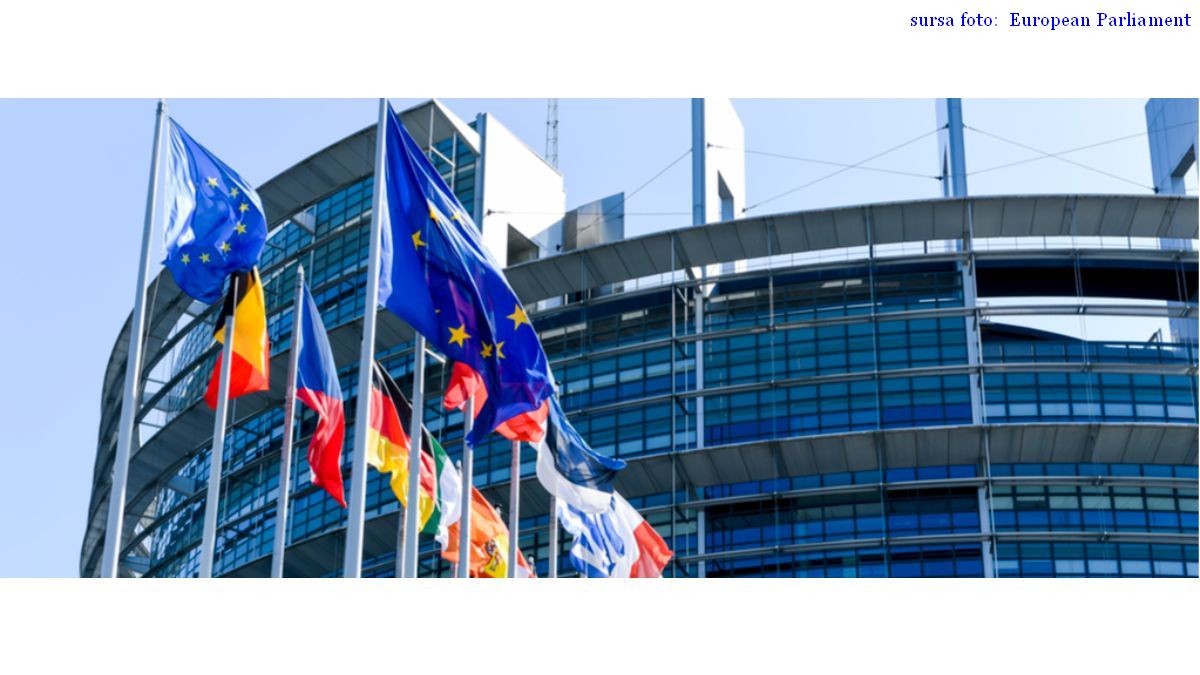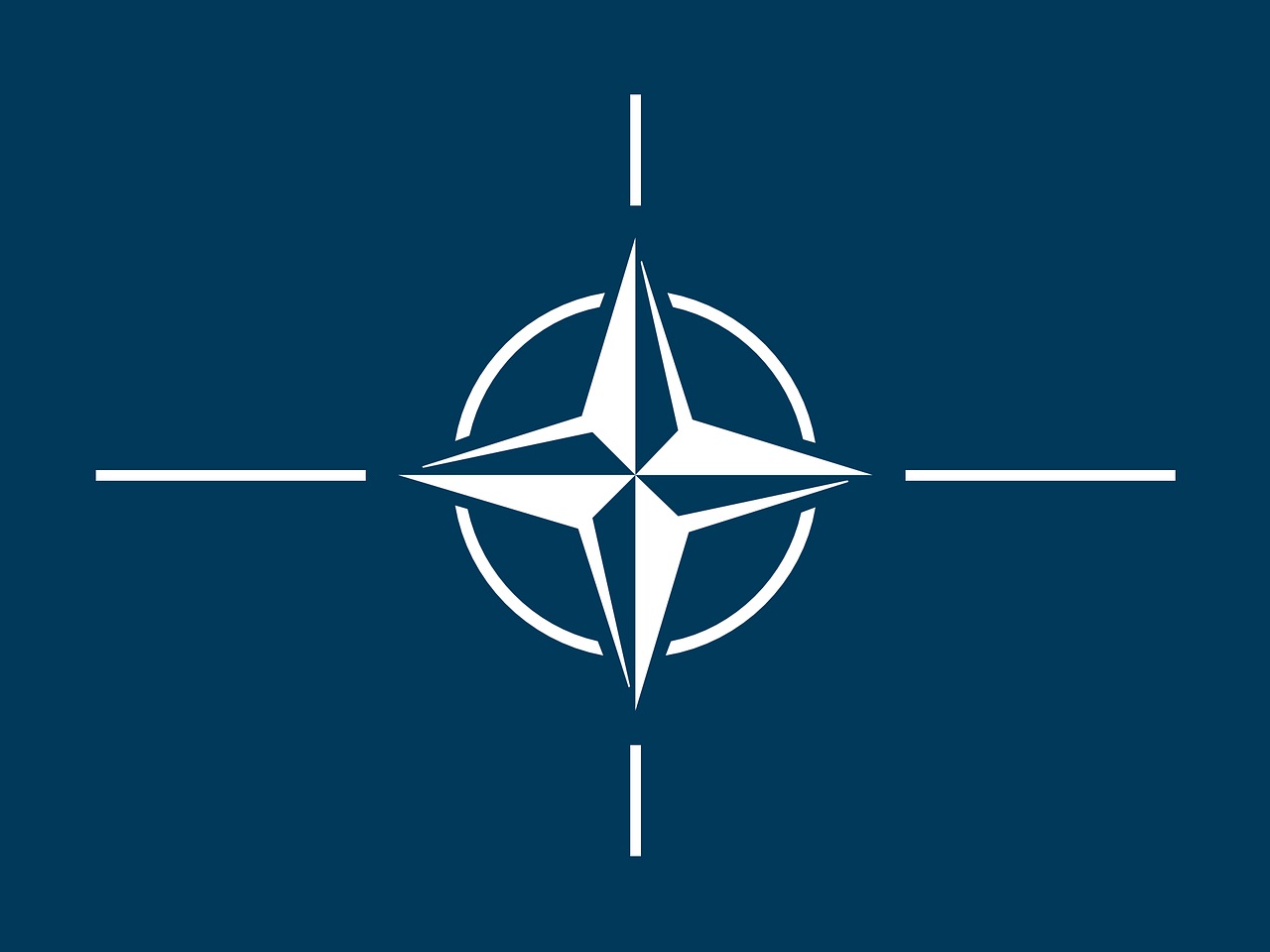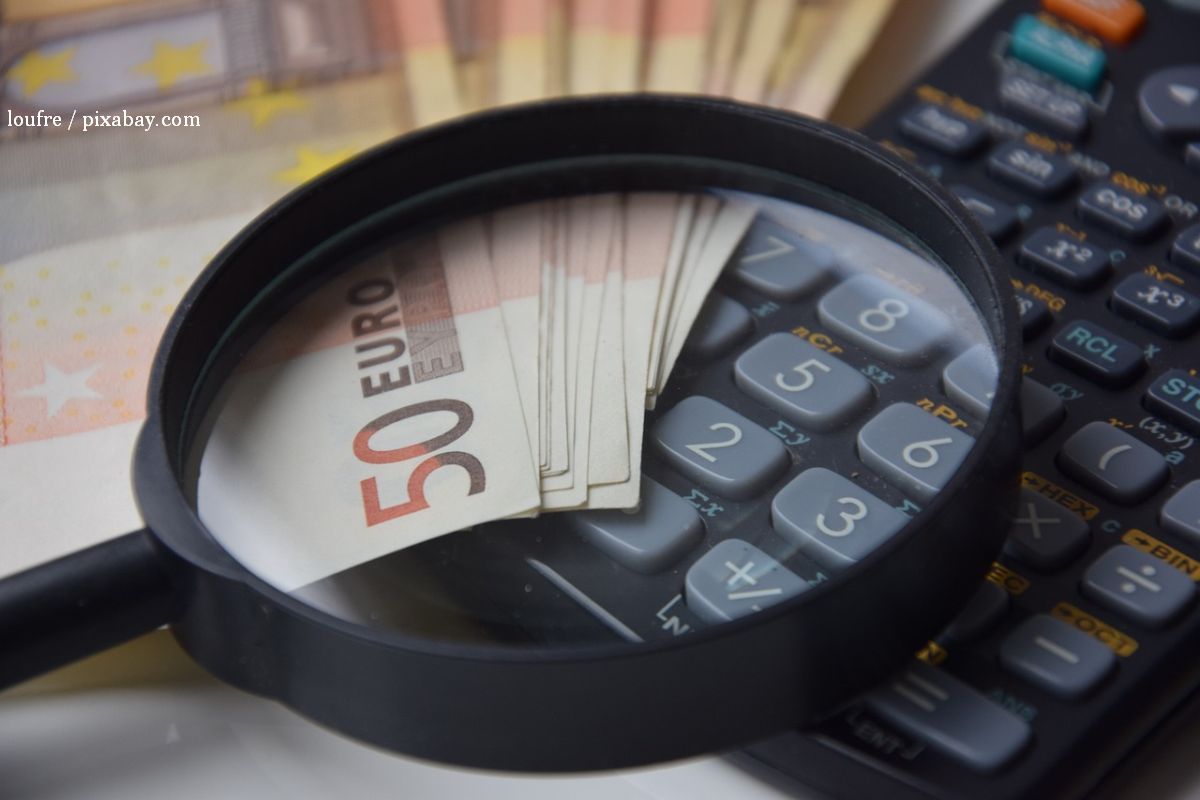The results of the NATO summit
The decisions of the NATO summit better safeguard the security of Romania and of its citizens, says president Klaus Iohannis.

Roxana Vasile, 15.06.2021, 14:00
Russia
and, for the first time, China, are top of the list of NATO’s concerns,
alongside new threats such as cyber-attacks, terrorism and the rise of totalitarian
regimes. Monday’s NATO summit in Brussels ended with a communique in which the Allies
lay down the new red lines with respect to security. As far as Romania is concerned,
president Klaus Iohannis said he was pleased that the Alliance is consolidating
its eastern flank:
We
highlighted the need for the process to consolidate the Alliance’s deterrence and
defence posture to focus on the eastern flank as a whole and in a coherent way,
with special attention to the security developments in the Black Sea area. The
Alliance must have at its disposal the forces, structures and capabilities
necessary to respond efficiently to the threats we are facing in the region.
Russia’s
recent massing of troops and military equipment near the border with Ukraine
and in the illegally occupied Crimean Peninsula remains a constant concern,
president Klaus Iohannis told allied heads of state and government, who
included in the final communique a reference to the sovereignty and territorial
integrity of Ukraine, as well as of Georgia and of the majority
Romanian-speaking Republic of Moldova. Speaking about NATO’s missile defence
shield hosted by Romania, president Iohannis reiterated that it has an
exclusively defensive purpose:
This
shield is often mentioned by Russia, but I think the discussion is welcome for
we can reiterate that this shield is purely defensive, including the part
hosted by us at Deveselu. We have no intention of attacking anyone with this
shield, but we are very determined to defend our states and that is why we agreed
at the time to host components of this shield in Romania.
The
NATO leaders also decided on Monday to launch a process to develop the Alliance’s
next strategic concept. Romania sees this move as a necessary step given that
since the adoption of the current strategic concept in 2010, the security environment
and the Alliance itself have seen profound changes. President Iohannis once
more:
This
was before Crimea, before the pandemic, before many other crises. The world has
changed in more than ten years. We must change with it. NATO must be ready for
any challenge, at any time, it must be a modern alliance and this will be achieved
through the next concept.
President
Klaus Iohannis also said he invited US president Joe Biden to visit Romania. (CM)






























